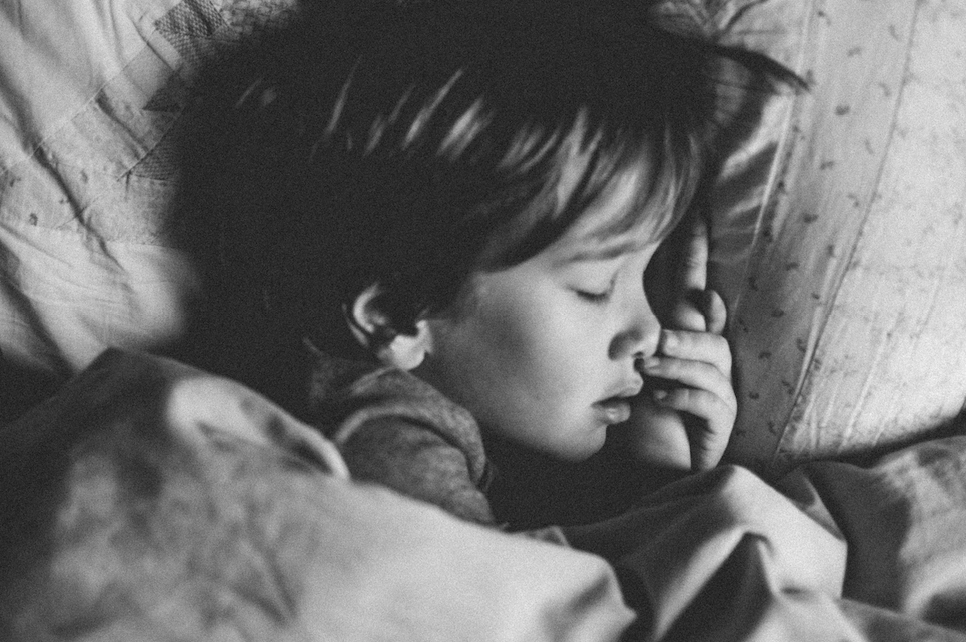In the last year, due to the pandemic, we’ve spent a lot of time talking about hygiene. We know the importance of washing our hands, disinfecting high-touch surfaces, and staying socially distanced to lower the spread of germs. But, one topic that hasn’t been discussed quite as much is the importance of good sleep hygiene.
Sleep hygiene, or the habits and practices that help us get a good night’s sleep, is an essential part of promoting good health. Yet, despite knowing the importance of sleep, 70% of American adults and nearly 50% of children don’t get enough sleep.
Signs of Sleep Disruption
According to pediatric, doctor Rachel Dawkins, “Sleep is an essential part of everyone’s routine and an indispensable part of a healthy lifestyle.” For children, sleep is especially essential because inadequate sleep can threaten healthy development and growth. In fact, sleep deprivation is known to cause health and behavior problems such as daytime fatigue, a lowered immune system, obesity, decreased mood, anxiety, memory and concentration problems, lowered cognitive performance, and hyperactivity.
These behaviors display in a variety of ways depending on the age of the tired child, but regardless, the negative effects of sleep deprivation can cause challenges for parents and childcare providers alike.
The best way to eliminate these challenges is to prioritize getting the proper amount of sleep each night by implementing sleep hygiene tips.
Sleep Hygiene Tips
Engage in Healthy Habits Daily
Make sure that your child gets enough daylight exposure, spends time outdoors, eats a healthy diet with limited sugar and caffeine, and exercises. These activities help keep our body’s clock on track and promote good quality nighttime sleep.
Remember That Daytime Sleep Can Be Just as Important as Nighttime Sleep
For many kids, up to the age of 5, a nap is an essential part of making sure they are well-rested. Childcare apps such as Childwatch allow providers and parents to communicate with real-time messaging and track sleep/napping patterns with a daily journal feature. This communication is a great way to make sure your child is getting enough sleep in the daytime as well as at night.
Create a Peaceful Sleeping Environment
Taking steps to ensure that your child has a comfortable mattress, good bedding, the proper room temperature, dim lighting, and a quiet environment are some easy ways to overcome sleep reluctance.
Develop a Bedtime Routine
When children know what to expect they are more likely to stick with the routine and go to bed without complaint. Some tips for developing a stress-free routine are to limit screen time before bed and engage in quiet and soothing activities before shutting off the lights.
Whether you’re a child or an adult, sleep is important.
Sleep gives our bodies time to recover, rebuild, process, and grow, making it an essential part of taking care of our overall health. A goodnight’s sleep allows our children to be happy and healthy, and as adults, a good night’s sleep ensures that we are equipped to better care for our children and keep up with their boundless energy.

